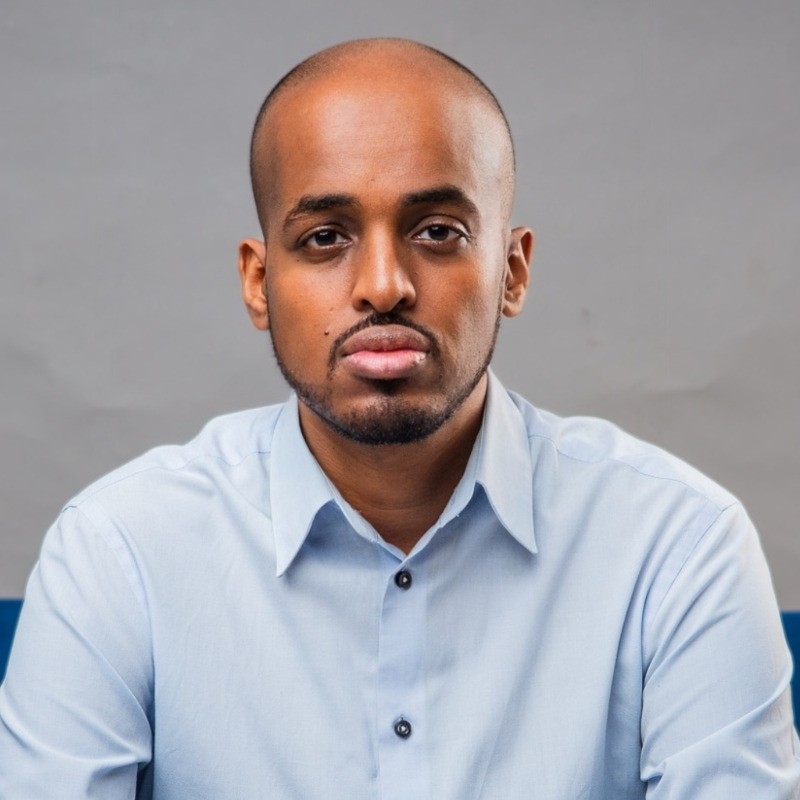Il existe une taxe invisible de 3 500 milliards de dollars qui érode silencieusement les performances de nos lieux de travail, de nos écoles et de nos économies tout entières.
Il est à l'origine de l'absentéisme, de l'étouffement de l'innovation et de l'échec des entreprises les plus prometteuses. Mohamed Ali Dini a baptisé cette traînée invisible "taxe sur les traumatismes" et a prouvé que sa guérison libérait à la fois notre potentiel et notre prospérité.
À l'âge de neuf ans, il a fui la guerre civile en Somalie ; des années plus tard, il y est retourné pour mettre en place des programmes d'emploi pour les jeunes confrontés au conflit et à la pauvreté en Somalie. Il y a vu de près comment les traumatismes recomposent le cerveau humain pour la survie, ce qui rend presque impossible pour les personnes talentueuses de saisir les occasions qui se présentent. En tant que fondateur d'Iftin Global, il est à l'origine d'un modèle
qui intègre la guérison directement dans les programmes économiques, avec des résultats sans précédent : une réduction de 83% de la dépression, des taux de maintien de l'emploi de 98%, et la preuve que la guérison est une stratégie économique puissante. Le cadre révolutionnaire de Mohamed offre aux dirigeants, aux communautés et aux gouvernements un processus pratique pour diagnostiquer la taxe sur les traumatismes, mettre en œuvre des interventions de guérison fondées sur des données probantes et suivre les dividendes de la guérison qui en résultent. Ses recherches montrent que chaque dollar consacré à la guérison des traumatismes rapporte $4,70, ce qui prouve que l'investissement le plus compatissant est aussi le plus rentable pour les deux milliards de personnes qui vivent dans des communautés touchées par la violence.
Présenté dans le New York Times, TIME et The Guardian - avec des apparitions sur CNN et BBC - Mohamed est devenu une voix incontournable sur l'impact économique des traumatismes. Lauréat du prix McNulty, membre de l'Aspen Institute et leader responsable de la BMW Foundation, son discours TED a été visionné plus d'un million de fois, tandis que ses écrits, ses interviews et ses conférences touchent des millions de personnes dans le monde entier. Son travail continue d'informer les dirigeants de tous les secteurs, des entreprises à la société civile en passant par les gouvernements. Il est actuellement en train d'écrire Ending The Trauma Tax : Why Healing Minds is the Key to Building Economies (En finir avec la taxe sur les traumatismes : pourquoi la guérison des esprits est la clé de la construction des économies). Grâce à son livre et à sa lettre d'information, il fournit aux dirigeants le cadre nécessaire pour libérer le potentiel humain et construire un monde plus prospère et plus résilient.

